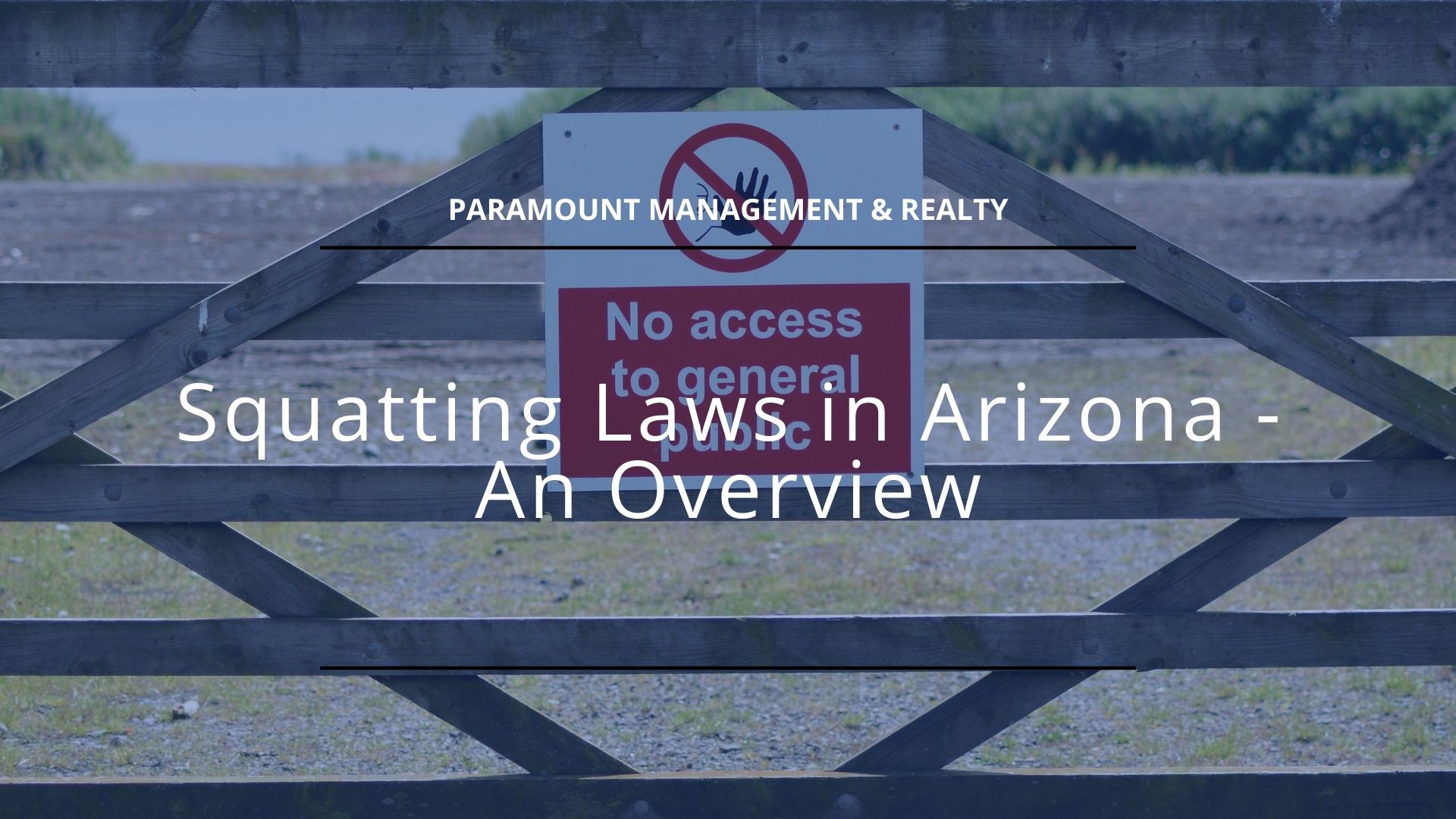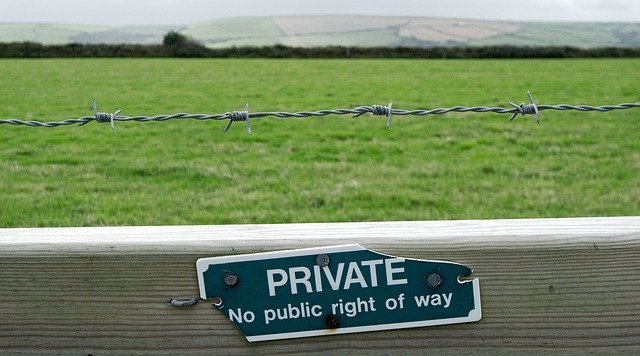
Soaring rents and sky-high property prices in Arizona have priced out many from the housing market. This has inevitably given rise to a growing number of squatters in the state.
But what is perhaps equally worrying is the right of a squatter to take over ownership of the property they are squatting in. Basically, a squatter can move into your property and take up residence without your approval. If they stay there long enough, they may even be able to own the property.
No, squatting isn’t that commonplace, but when it does happen, it can go down like this: suppose you’ve bought a 30-acre piece of land. Your goal is to turn it into a vacation home sometime in the future. The piece of land is in another state and you don’t frequently visit to inspect it.
Years go by, and the neighbor you asked to look after it hasn’t been paying any close attention. 10 years later, you get an official document in your mailbox. It tells you that someone has filed an adverse possession claiming your land.
As you come to learn about it, you realize the person has been living on the land for the last 10 years or so. Naturally, you seek professional legal advice. But after doing some research, you realize that there is little to nothing you can do.
You’ve just lost your potential investment home to a stranger. And even worse, you didn’t get a dime for it!

Knowing what rights squatters have can help you protect your property against unwanted guests who may eventually take your property out from under you.
Commonly Asked Questions Regarding Squatters Rights in Arizona
Who Does Arizona Consider to Be a Squatter?
A squatter is someone who occupies an unoccupied or abandoned building or land without the owner’s permission. They live there rent-free, basically. Not even a security deposit is needed.
If they live there for an uninterrupted period of time, they may be able to make an adverse possession claim.
What’s the Difference Between Squatting and Trespassing?
A squatter occupies a property with the intention of owning it, whereas a trespasser harbors no such intentions. A different example of a trespasser would be like a hunter who enters fields where hunting is forbidden.
What About Holdover Tenants?
Holdover tenants are tenants who stay in the rental home even after their lease has ended. They are “at will” tenants and live there at the “mercy” of the landlord. The landlord can choose to evict them at any time they wish.
Once asked to leave, a holdover tenant may not be able to make an adverse possession claim. At that point, they become criminal trespassers and can be evicted.

It goes without saying that the eviction process must be done in a judicial manner. You cannot, for example, attempt to use “self-help” eviction means to force them out.
What Requirements Are Needed to Make an Adverse Possession Claim?
The following are the 5 distinct requirements a squatter must meet in Arizona in order to make an adverse possession claim. The occupation by the squatter must be:
Actual. The squatter must prove that they have actually been living on the property. Property maintenance and improvements are examples of such physical proof
Obvious. Their possession of the property must be obvious to anyone. They must not try to hide the fact that they are indeed living on the property. Even the property owner making investigations into the matter should be able to tell that there is a squatter living on their property
Exclusive. The squatter must be the only occupant of the land or building. Sharing the possession with anyone else would invalidate their claim to the property
Continuous. The squatter must live on the property for a continuous period of time. In Arizona, the continuous possession period required for one to make an adverse possession claim can be anywhere between 2 and 10 years. The exact time is dependent upon the specific circumstances. If a squatter has made improvements to the land, the time required for adverse possession reduces to 5 years.
Hostile. In a legal sense, “hostile” doesn’t suggest any violent or dangerous act. Generally, there are 3 definitions of hostile. But, Arizona recognizes only one of them. In Arizona, the intent of a squatter is deemed to be irrelevant to adverse possession. A trespasser may or may not know about their trespassing actions
What Does Color of Title Mean in Arizona?
This is a term that you are bound to come across when researching the state’s squatters’ rights. If a person has the color of title, it basically means that they lack the required paperwork.

Color of Title is a defective title. They do not have ownership of the land.
How Do You Get Rid of Squatters from Your Arizona Home?
A handful of special laws exist in Arizona as far as getting rid of squatters is concerned. The first law is the guest removal law. Under this law, you have the power to remove a guest who isn’t named on the lease immediately. You can simply call the police to help you get rid of the squatter. (ARS § 33-1378).
That provision, however, only applies in certain situations. In most cases, you may need to go through the state’s judicial eviction process. The first step begins with serving the squatter with an eviction notice.
There are four eviction notices in Arizona, including the 5-Day Notice to Pay Rent, 5-Day Notice to Cure, 10-Day Notice to Cure, and the Unconditional Quit Notice.
When it comes to evicting squatters, the 5-Day Notice to Pay Rent may be your best option for removing a squatter. It gives the squatter two options: pay all due rent or move out within 5 days. If the notice expires without them paying all due rent or moving out, you can move to court and file for their removal.
Bottom Line
Squatters’ rights may not be something property owners face frequently, but when it does come up, it’s best to be prepared. Like knowing landlord-tenant laws, being familiar with the legal processes with serve you well. With the proper steps, you won’t have to worry about your property being taken from you with no compensation.
Contact Paramount Management & Realty today if you have any questions about squatting laws or what we can do to help you!
Disclaimer: This information isn’t a substitute for professional legal advice. For further help, kindly get in touch with a qualified attorney or contact us in case the laws have been updated since our posting.



